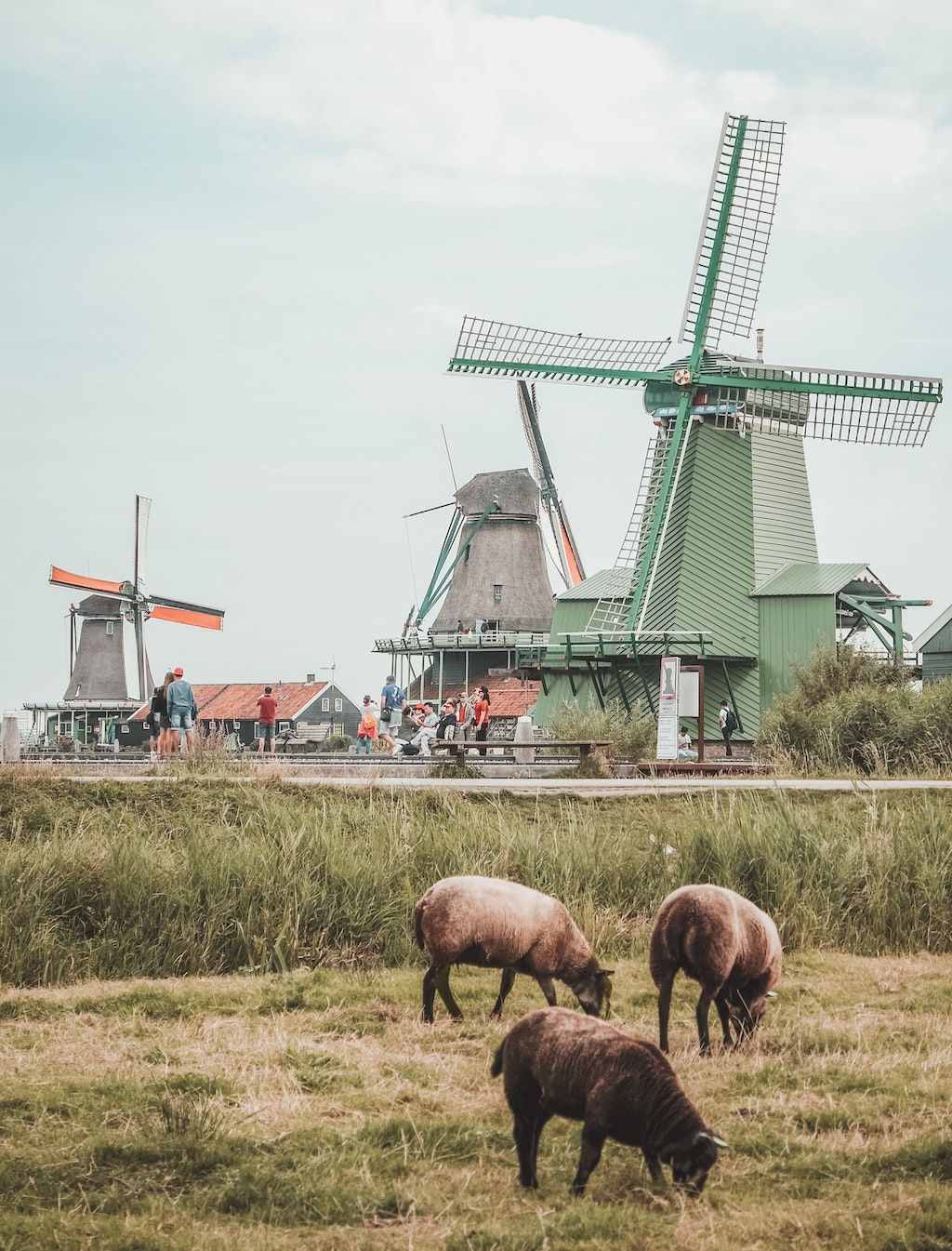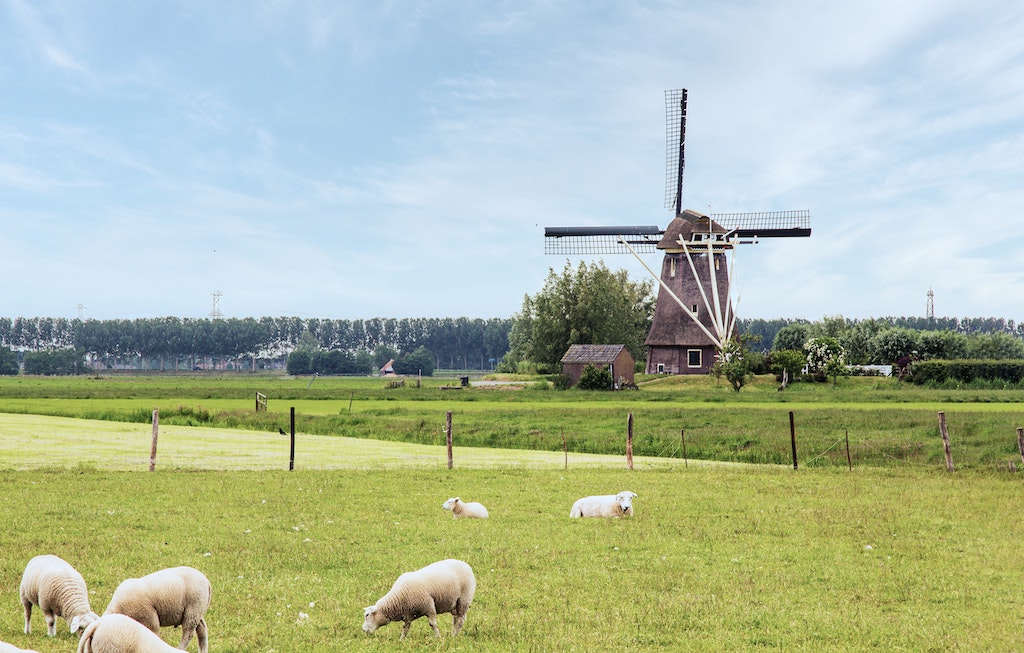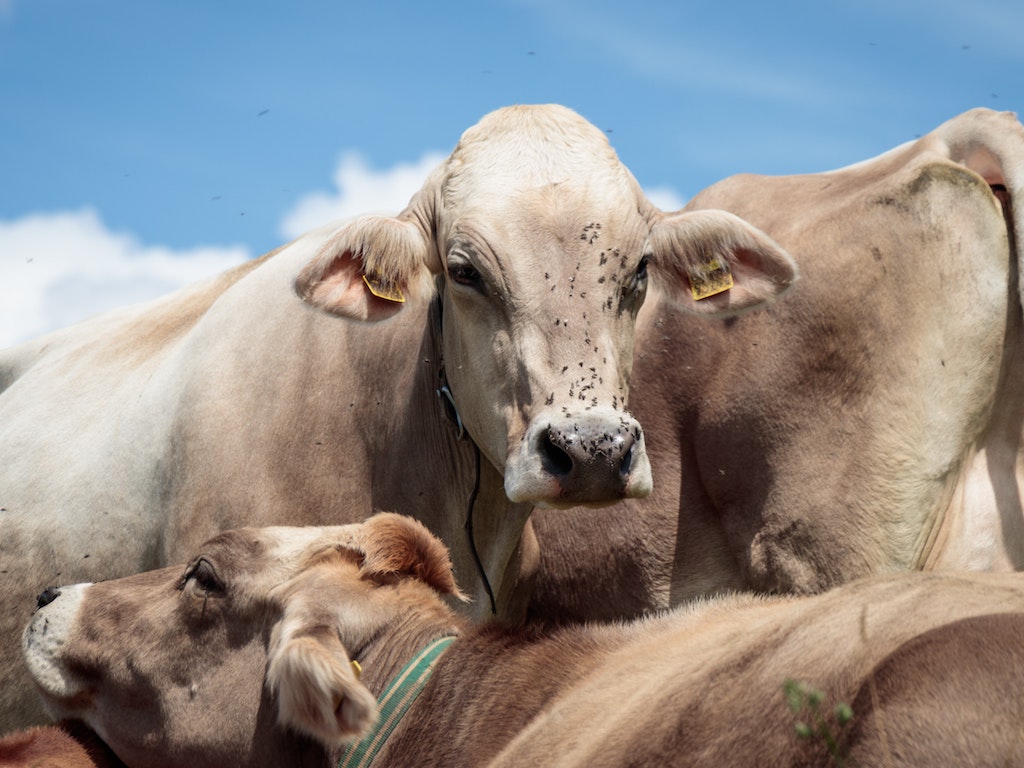3 Mins Read
The Netherlands is now considering a proposal to slash the number of livestock in the country by nearly a third, in a bid to tackle emissions and ammonia pollution. The plan, which comes amid rising global awareness over the environmental impact of animal agriculture, could also impose cuts on the livestock industry’s land use.
Dutch politicians are now debating a new government proposal to slash the country’s livestock industry by as much as a third in order to tackle what it calls a “nitrogen crisis”. It comes shortly after the country’s Supreme Court ruled that the government was breaking EU law by failing to combat excess nitrogen emissions in the environment in a 2019 landmark case.
30% reduction in livestock numbers
The new plan set out by the Dutch government would force most farmers to reduce the size of their cattle by nearly one-third. Under the proposal, farmers could either sell livestock production rights, or be forced to sell their land.

With the Netherlands’ livestock industry boasting more than 100 million cattle, pigs and chickens, the policy will translate to a reduction of tens of millions of animals.
Currently, the country is the EU’s largest meat exporter, and is one of the leading producers in the region. Animal agriculture represents the most emissions-heavy sector of the food system, with EU meat and dairy firms responsible for more GHG emissions than all cars and vans within the bloc combined, a Greenpeace report found last year.
A new Meat Atlas 2021 report revealed that globally, the world’s five largest meat and dairy companies together account for more emissions than oil giants such as BP or Exxon.
Ammonia pollution in the Netherlands
Aside from its huge carbon footprint, livestock farming leaves behind devastating impacts on the land, water and soil. Farmed animals produce manure, which releases ammonia when mixed with urine. Runoff of this nitrogen compound in farms can damage natural habitats within the farm, but also surrounding environments through lakes and streams.
Commenting on the severity of the nitrogen crisis in the country, agriculture ministry spokesperson Rudi Buis told the Guardian: “We are a relatively small country with a lot of inhabitants, industry, transport and agriculture, so we are reaching the limits of what nature can take.”

“There is a high level of urgency for us to tackle the nitrogen compounds problem. This means that in the near future, choices must be made,” Buis added.
While the Dutch farming industry has been quick to criticise the proposal, with caretaker agriculture minister Carola Schouten attempting to alleviate concerns by describing the forced sale of land as a “last resort” measure, environmentalists have praised the policy.
“It’s a step in the right direction,” said Friends of the Earth Netherlands campaigner Bram van Liere, who added that the proposal could be bolstered by transition schemes to help farmers move towards sustainable agriculture, as well as measures to tackle industrial factory farming.
One recent poll suggests that there is widespread support among the Dutch public for banning factory farming and other proposals to limit meat intake to curb emissions. Conducted by Kieskompas in April, the survey indicated vast support for all the meat reduction policies listed, from introducing a meat tax to banning industrial factory farms.
Lead image courtesy of Unsplash.




